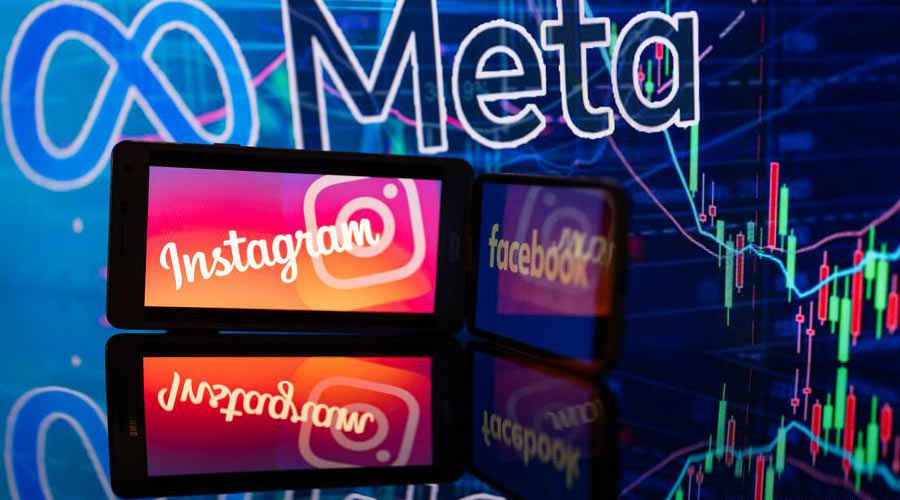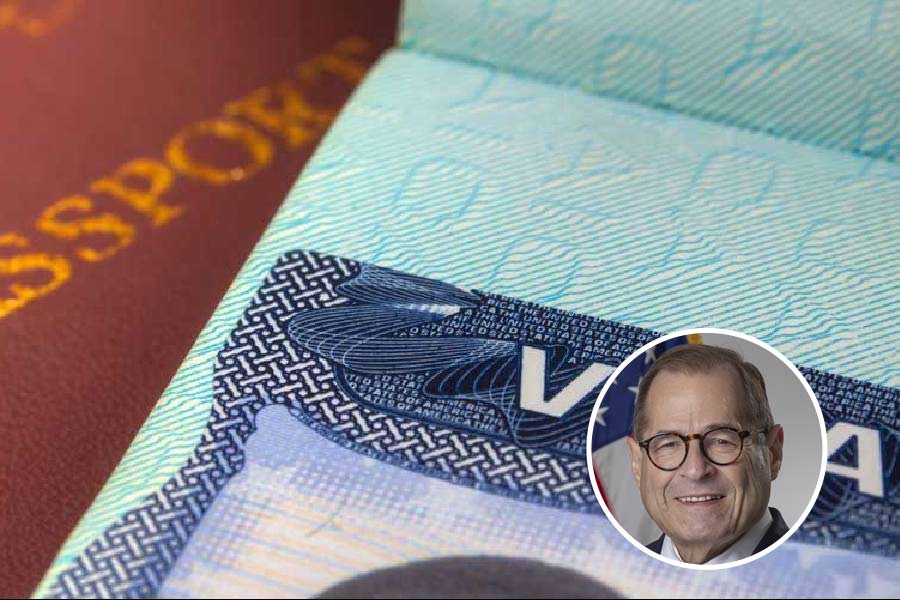Meta's subscription plan for Facebook and Instagram has left a lot of people scratching their heads. After a similar move last year by Twitter, Meta CEO Mark Zuckerberg announced at the weekend an option to pay up to $14.99 a month for a blue "verified" mark that offers protection against impersonation. But not much else.
Tech analysts say the move has been prompted by the urgent need for new revenue streams after Meta suffered a 40% drop in profits last year and was forced to lay off thousands of staff. Some are skeptical about the demand for the premium service, accusing the social media giant of being short on new ideas.
Twitter's verification scheme falls flat
Elon Musk's Twitter rushed out its verification plan in November and has so far attracted less than 300,000 subscribers, according to The Information website. One report suggests the churn rate — the number of people deregistering — from Twitter's blue badge scheme reached 26,000 during one week this month.
Twitter's projected $27.8 million in revenue this year from verification will be a far cry from the billions needed to keep the deeply indebted platform from going bankrupt. While Facebook made a $23.1 billion profit last year, a severe advertising downturn has hit the social media giant hard and is expected to extend until 2024. The number of users engaging with Facebook and Instagram also appears to have reached saturation point.
"This is what I describe as a risky move," that "clearly could backfire," Dan Ives, a Wall Street analyst from Wedbush Securities, told DW. "Many [Facebook users] could already have one foot out of the door, will this push them out?"
Less than a 1 in 10 take-up rate?
Ives estimated that only 3% to 7% of Meta's 3 billion fans will take up the subscription offer, having enjoyed free access to their favorite social networks for more than a decade.
Meta Verified will offer little value add for users at launch other than verification. Facebook already has stronger controls in place against impersonation than its rival Twitter, which is often criticized for allowing so many anonymous and fake accounts.
"A subscription is only attractive for those who are influencers or companies. I don't think many ordinary users will subscribe as there is no major advantage for them," Martin Emmer, a professor in communication studies at Freie Universität Berlin, told DW.
Meta insists that subscribers will also benefit from direct access to customer service teams — something nigh on impossible for most users at present. Their accounts will also get greater visibility in search engines and additional protection against data theft.
More appealing options needed
While these are useful add-ons, Meta will need a "richer feature set" to make the subscription plan more attractive, according to Drew Benvie, CEO and founder of the London-based social media consultancy Battenhall.
"To reach mass adoption, we will need to see greater entertainment options and core functionality, as the blue badge will only go so far," he told DW.
Benvie thinks charging for verification may also weaken its prestige as anyone can buy a subscription, rather than the blue badge being reserved for accredited and more trustworthy users, like world leaders, scientists, business leaders and journalists.
"Until now, the blue badge has been a symbol of celebrity. Those who own one are notable and more often than not famous to a degree. If Meta changes the definition of the blue badge to simply being verified, then what next for the true celebrity?"
Apple privacy curbs hit Facebook hard
Facebook and Instagram's advertising model has been hurt by curbs around their abuse of privacy by tracking users across the internet. Eighteen months ago, Apple made major changes to its iOS operating system to stop Meta from harvesting excessive user data which it then sells to advertisers.
Apple users can now opt out of Meta's tracking feature — a huge consequence considering more than half of the US population owns an iPhone. Google's Android is now adopting similar restrictions through its Privacy Sandbox controls. These curbs make it more difficult for marketers to know whether products were bought as a result of Facebook or Instagram ads.
"Once Apple changed iOS in terms of opting into being tracked, that was the gut punch for the digital media business model," said Ives. "If you look at Snap [the owner of Snapchat] or anyone else, they're all looking for ways around these limitations."
The need for new revenue streams is also driven by Meta's huge investment in the Metaverse, which will "take many years to come to fruition, let alone think about making a profit," said Paolo Pescatore, founder and technology, media and telecommunications analyst at PP Foresight.
TikTok still free and growing
While Meta may have been buoyed by similar subscription offers made by Snapchat and Telegram, its biggest adversary TikTok remains free.
With more than a billion users in over 150 countries, TikTok is also winning advertising market share from Meta's platforms. A recent survey of 50 top US advertisers by research house Cowen found they intend to do more business with TikTok and Instagram but less with Facebook.
"There's a strong appetite for short-form video content as underlined by the success of TikTok. Engagement is key for brands and advertisers. Hence why they are turning their attention to other players who have a more engaged base of users," said Pescatore.
Another monthly subscription?
Social media networks are also perhaps too late to the subscription party.
Video, gaming and music streaming services and news sites have long charged for access, leaving little room in consumers' budgets to pay for social media access. In fact, when Netflix and Amazon Prime appeared to reach saturation last year, they introduced low-cost or free advertising models.
"Many people already have several subscriptions like Netflix, and they will very much calculate whether they really need another one," Emmer said.










